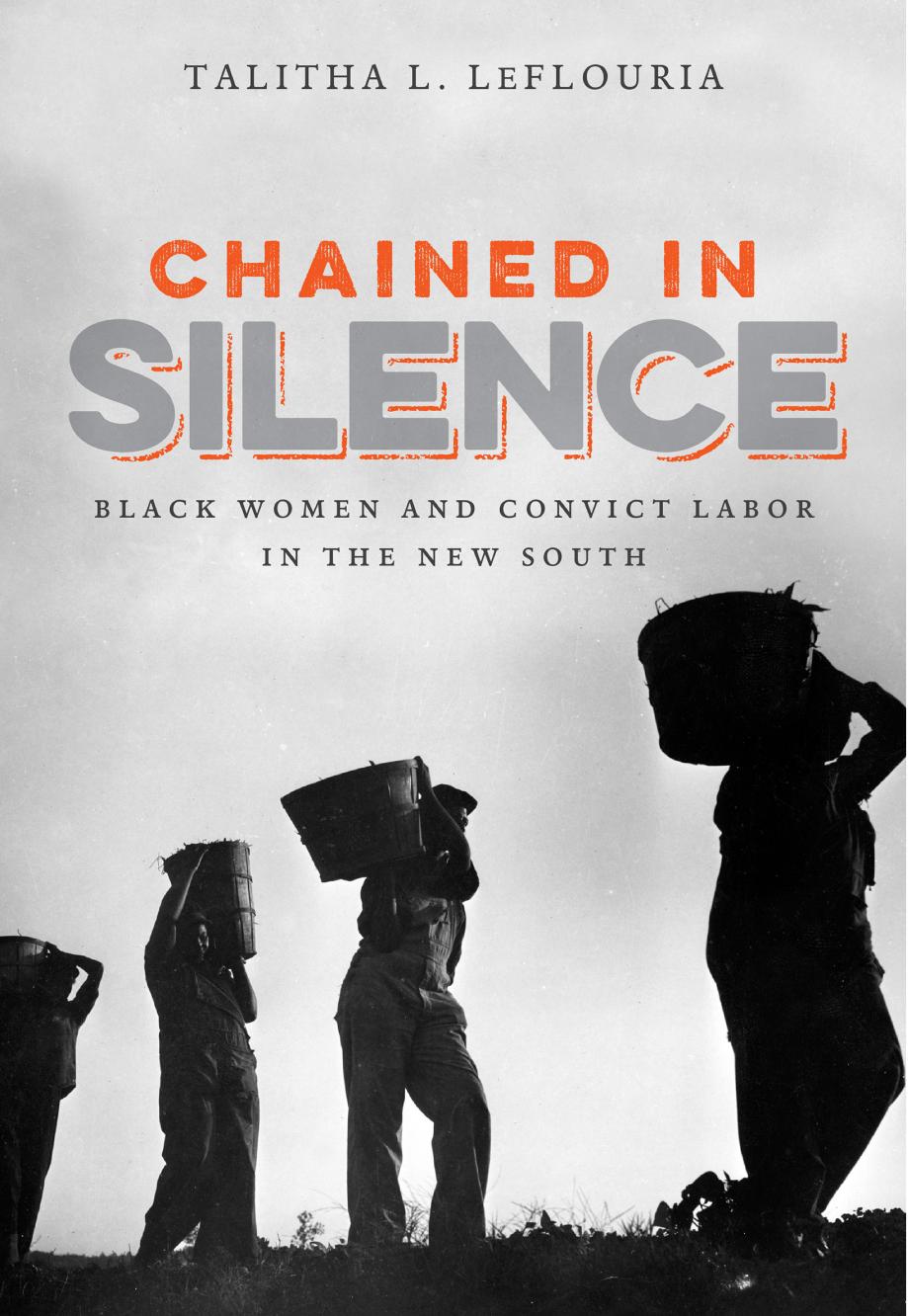

Most ebook files are in PDF format, so you can easily read them using various software such as Foxit Reader or directly on the Google Chrome browser.
Some ebook files are released by publishers in other formats such as .awz, .mobi, .epub, .fb2, etc. You may need to install specific software to read these formats on mobile/PC, such as Calibre.
Please read the tutorial at this link: https://ebookbell.com/faq
We offer FREE conversion to the popular formats you request; however, this may take some time. Therefore, right after payment, please email us, and we will try to provide the service as quickly as possible.
For some exceptional file formats or broken links (if any), please refrain from opening any disputes. Instead, email us first, and we will try to assist within a maximum of 6 hours.
EbookBell Team

5.0
38 reviewsIn 1868, the state of Georgia began to make its rapidly growing population of prisoners available for hire. The resulting convict leasing system ensnared not only men but also African American women, who were forced to labor in camps and factories to make profits for private investors. In this vivid work of history, Talitha L. LeFlouria draws from a rich array of primary sources to piece together the stories of these women, recounting what they endured in Georgia's prison system and what their labor accomplished. LeFlouria argues that African American women's presence within the convict lease and chain-gang systems of Georgia helped to modernize the South by creating a new and dynamic set of skills for black women. At the same time, female inmates struggled to resist physical and sexual exploitation and to preserve their human dignity within a hostile climate of terror. This revealing history redefines the social context of black women's lives and labor in the New South and allows their stories to be told for the first time.
ReviewLeaves us with a radically new understanding of the historical dimensions of racism, gender, and state violence.--Elizabeth Hinton, The Nation
This beautifully written book leads its readers on the journey from Emancipation to the devastating convict-leasing system in Georgia. . . . [and] examines the exploitation of black women's bodies, the beginnings of mass incarceration, and the rise of the modern New South.--Erica Armstrong Dunbar, The Nation
Highly recommended.-- Choice
A deeply researched and carefully crafted mouthpiece for black female convict laborers.-- American Historical Review
An indispensable reference point.-- Journal of Southern History
A much-needed and distinctly gendered perspective on carceral roots of both antiblack racism and resistance to it, a history that can be silenced no longer.-- Journal of American History
A meticulously researched, and immensely illustrative record of the understudied labor efforts made by thousands of black female convicts in the post-Civil War South.-- Punishment and Society
A well-written, accessible, provocative study of black women's lives in Georgia's convict-labor system at the dawn on the New South. . . . Surely one of the best books out on southern women's history in years.-- Register of the Kentucky Historical Society
Reads as a tour de force--a gripping history that insists on speaking the names and remembering the lives of long-forgotten working-class black women caught up in the violent, exploitative system of convict labor in post-emancipation Georgia. . . . Painstakingly researched, beautifully written, and certain to become a classic in the literature on labor, race and the criminal justice system, as well as black women's history. -- Social Service Review
Shows how attention to the experiences of incarcerated women--nearly all of them African American--casts new light on a neglected corner of the New South's cruel penal system.-- Social History
--This text refers to the hardcover edition.
Every page of Chained in Silence is a revelation. The author connects the hideous conditions that black female convicts endured with the emergence of white business supremacy and the modernization of the South. LeFlouria skillfully illuminates the ties between gender, racism, and labor exploitation in the making of the New South. This book is destined to play an integral role in contemporary debates on mass incarceration and prison reform.--Paul Ortiz, University of Florida
--This text refers to the hardcover edition.
Talitha L. LeFlouria is associate professor of African American Studies in the Carter G. Woodson Institute, University of Virginia. Her research was featured in the documentary Slavery by Another Name , based on Douglas A. Blackmon's Pulitzer Prize-winning book. --This text refers to the hardcover edition.